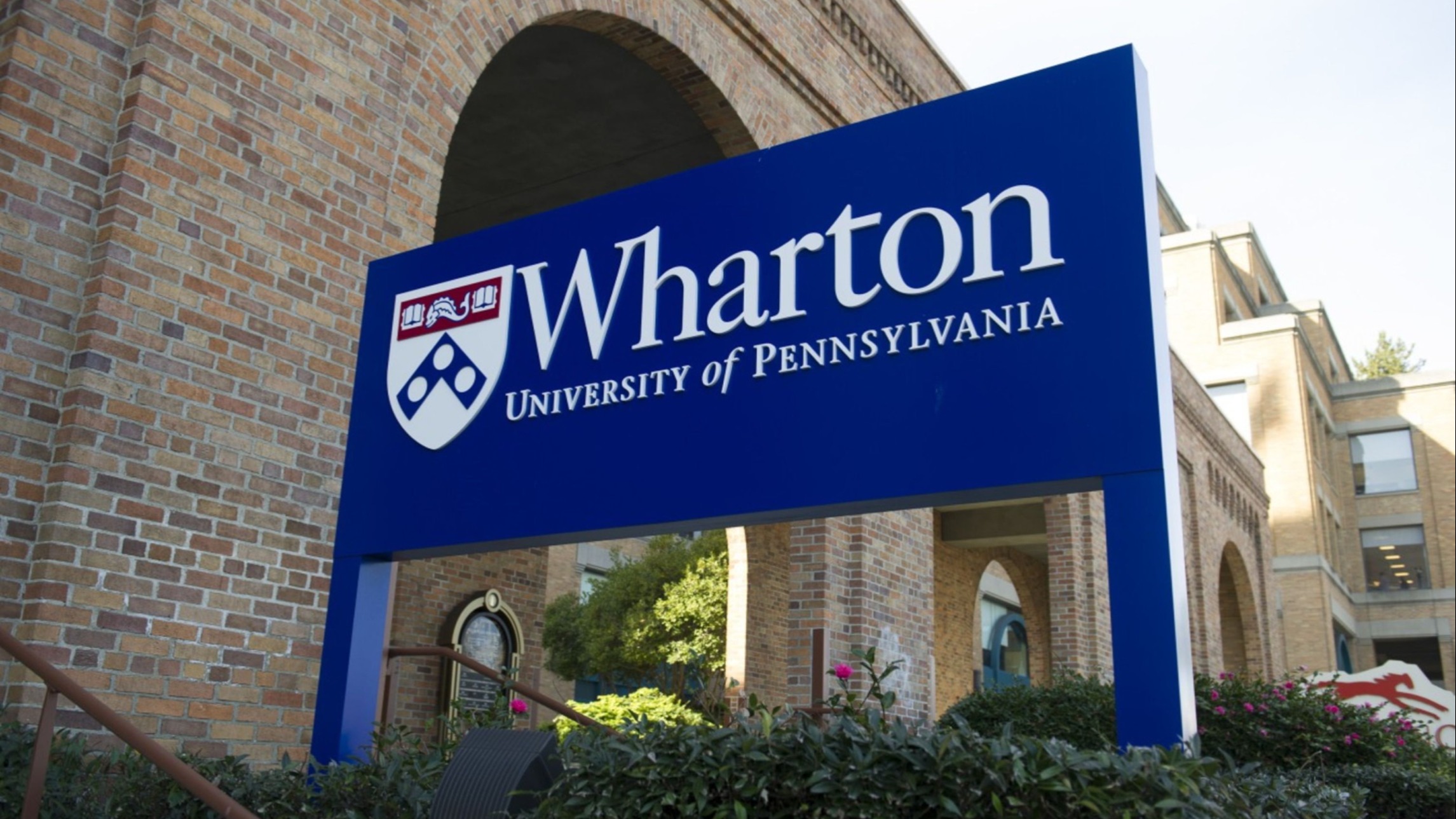The world is now aware that the AI-powered chatbot ChatGPT is capable of writing anything. The writing includes essays, emails, plays, and poems, all in the precise tones and styles you specify. It can also pass tests, but with significant disadvantages.
The chatbot’s performance in an MBA exam was recently assessed by a professor at the Wharton School of the University of Pennsylvania, one of the top business institutions in the world.
Christian Terwiesch questioned ChatGPT about operations management, a crucial MBA topic. He discovered this, which he noted in a research article.
Initially, he found that ChatGPT was “amazing” at answering queries about fundamental operations management and process analysis, even based on case studies.

Terwiesch observed that ChatGPT provided “excellent” explanations and accurately answered the questions. Modifying its responses depending on human indications is another one of ChatGPT’s strong points.
According to Terwiesch’s work, “In the instances where it initially failed to match the problem with the right solution method, Chat GPT3 was able to correct itself after receiving an appropriate hint from a human expert”.
Terwiesch observed that ChatGPT occasionally produced “surprising” errors in school-level math. “These errors can be of enormous size,” the professor continued.
He also continued that ChatGPT cannot address more difficult inquiries about process analysis. The lecturer stated that the chatbot would have received a B to B- grade based on how it performed on the test.
When discussing ChatGPT’s potential effects, Terwiesch suggested that they might be comparable to the effects of electronic calculators in the workplace.
He warned that the value of an MBA education could be diminished by any automation of the abilities taught in our MBA programs.
Is ChatGPT a concern about academics?
Around the world, ChatGPT has inspired both curiosity and trepidation.
Academics are increasingly concerned because they believe students could use it to cheat on exams. On the other hand, business executives are attempting to use it as a potential “thinking companion” and “co-pilot” at work.
The chatbot has raised concerns from many academics, especially those in business schools, that students may use it to cheat on their essays and exams. Increased queries have temporarily overloaded the chatbot in recent weeks.
In addition to the $1 billion it invested in ChatGPT in 2019, Microsoft, the software behemoth co-founded by Bill Gates, who left Harvard University without even completing his undergraduate degree, is currently mulling a $10 billion investment in OpenAI.
Many believe that technology will fundamentally alter a broader range of activities outside education, such as internet searches and the workplace.












